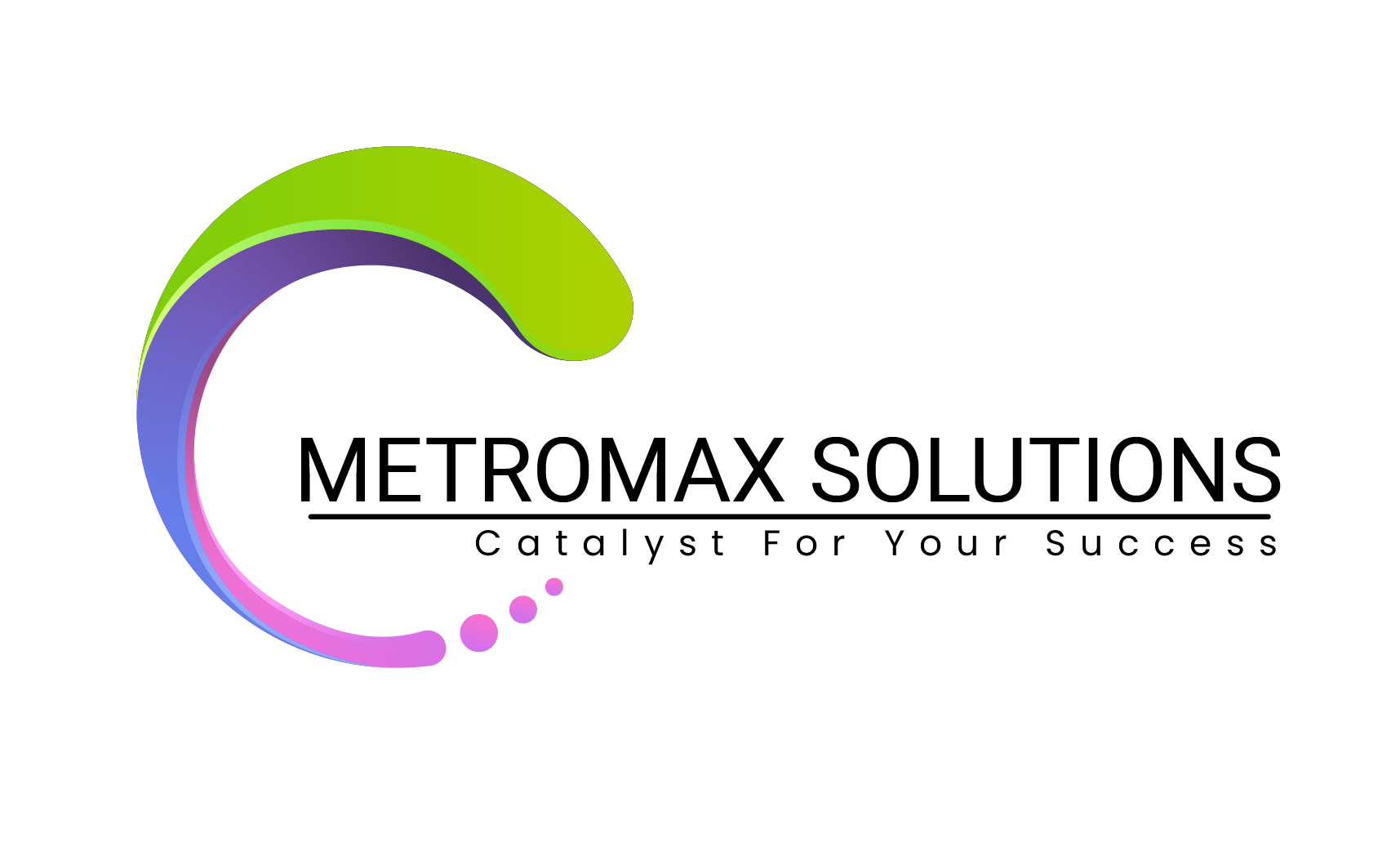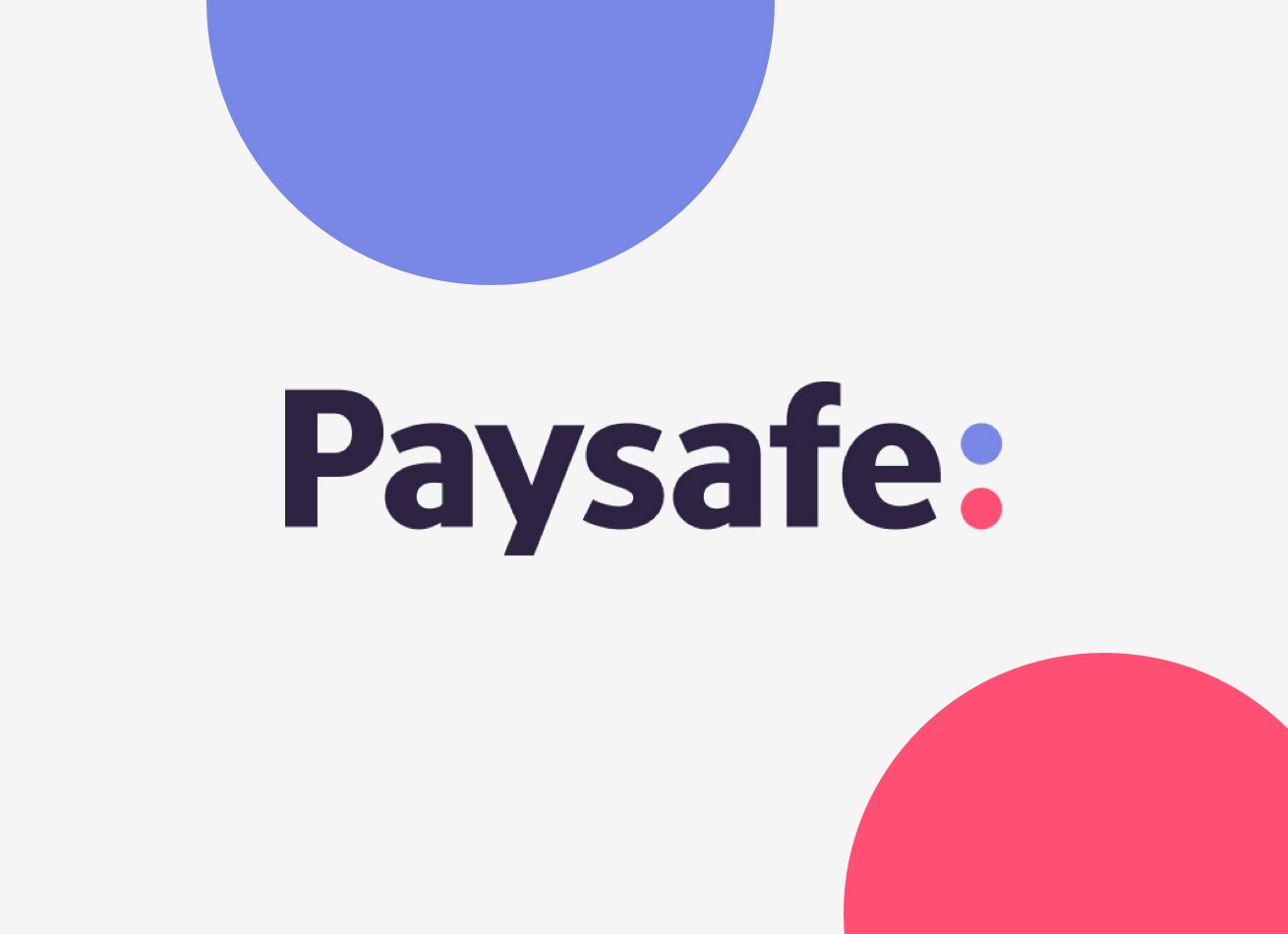In the dynamic world of startups, where resources are limited and competition is fierce, the Minimum Viable Product (MVP) approach has emerged as a game-changing strategy for app development. An MVP is a stripped-down version of your app that includes only the core features necessary to test your concept and gather user feedback. This lean approach allows startups to validate their ideas, mitigate risks, and iterate rapidly based on real-world data. Let’s delve into why MVP app development is so crucial for startups.
1. Validating Your Idea and Minimizing Risk:
One of the primary benefits of MVP app development is the ability to validate your app idea before investing significant time and resources in building a full-fledged product. By launching an MVP, you can test your concept with real users and gather valuable feedback on its usability, functionality, and market appeal. This feedback loop allows you to identify potential flaws, refine your app’s features, and pivot if necessary, ultimately minimizing the risk of launching a product that doesn’t resonate with users.
2. Early User Acquisition and Feedback:
An MVP provides a platform to attract early adopters and gather valuable feedback from your target audience. These early users can provide invaluable insights into what works well, what needs improvement, and what features they would like to see in future versions of your app. This feedback loop is essential for shaping your product roadmap and ensuring that your app meets the needs and expectations of your users.
3. Cost-Effectiveness and Resource Optimization:
Developing an MVP is a cost-effective way to test your app idea without draining your limited resources. By focusing on core features, you can minimize development time and costs, allowing you to allocate your budget more efficiently. This lean approach also helps you prioritize features based on user feedback, ensuring that you invest in the most impactful functionalities.
4. Faster Time-to-Market:
The MVP approach emphasizes speed and agility, enabling startups to launch their apps faster and gain a competitive advantage. By prioritizing the essential features, you can quickly get your app into the hands of users, gather feedback, and iterate rapidly. This allows you to stay ahead of the curve and respond to market trends more effectively.
5. Attracting Investors and Securing Funding:
An MVP can be a powerful tool for attracting investors and securing funding for your startup. It demonstrates that you have a viable product with market potential, and it provides investors with tangible evidence of your progress and commitment. A well-executed MVP can significantly increase your chances of securing the financial resources needed to scale your app and grow your business.
6. Building a Community and Generating Buzz:
Launching an MVP can help you build a community of early adopters and generate buzz around your product. By engaging with your users, collecting feedback, and incorporating their suggestions, you can foster a sense of ownership and loyalty among your user base. This can lead to positive word-of-mouth marketing, social media sharing, and increased brand awareness.
7. Iterative Development and Continuous Improvement:
The MVP approach encourages iterative development, where you continuously gather feedback, refine your app, and release updates based on user input. This iterative cycle allows you to constantly improve your product, ensuring that it remains relevant and engaging for your users.
Conclusion:
MVP app development is a strategic approach that empowers startups to launch lean, learn fast, and validate their ideas in the real world. By focusing on core features, gathering user feedback, and iterating rapidly, startups can minimize risks, optimize resources, and build successful apps that resonate with their target audience. If you’re a startup with a great app idea, the MVP approach is a proven pathway to success.























